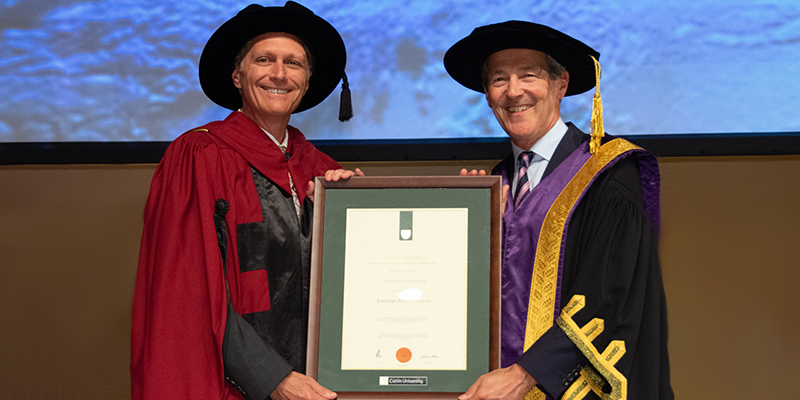Search
Showing results for "Professor"
Research
Bacillus Cereus Bacteremia and Multiple Brain Abscesses During Acute Lymphoblastic Leukemia Induction TherapyBacillus cereus can cause serious infections in immunosuppressed patients. This population may be susceptible to B. cereus pneumonia, bacteremia, cellulitis,...

News & Events
Flagship award for folate champion Carol BowerOne of The Kids Research Institute Australia’s most influential researchers, who has played a seminal role in birth defect research and advocacy over a four-decade career, has won the Peter Wills Medal – the Australian research community’s flagship award.
Research
Local immunotherapy for sarcomaWe are developing a gel that can be left behind in the wound bed after sarcoma surgery.
Stopping Acute Rheumatic Fever Infections to Strengthen Health

Research
Youth-onset type 2 diabetes among First Nations young people in northern Australia: a retrospective, cross-sectional studyLiz Davis MBBS FRACP PhD Co-director of Children’s Diabetes Centre Co-director of Children’s Diabetes Centre Professor Davis is a paediatric
Research
Novel non-TCR chromosome translocations t(3;11)(q25;p13) and t(X;11)(q25;p13) activating LMO2In T-cell acute lymphoblastic leukemia (T-ALL) cytogenetic alterations juxtapose the LIM-domain-only-2 gene (LMO2) with T-cell receptor loci.
Research
ISPAD Clinical Practice Consensus Guidelines 2022: Exercise in children and adolescents with diabetesLiz Davis MBBS FRACP PhD Co-director of Children’s Diabetes Centre Co-director of Children’s Diabetes Centre Professor Davis is a paediatric

News & Events
Curtin honour for The Kids Research Institute Australia DirectorThe Kids Research Institute Australia Director Professor Jonathan Carapetis AM has been made an Honorary Doctor of Medicine by Curtin University in recognition of his outstanding contribution to the local, national and international field of medicine and healthcare.

Study found children aged 2–5 years from dog-owning households had increased pro-social behaviours like sharing and cooperating, when compared to children without a dog.
